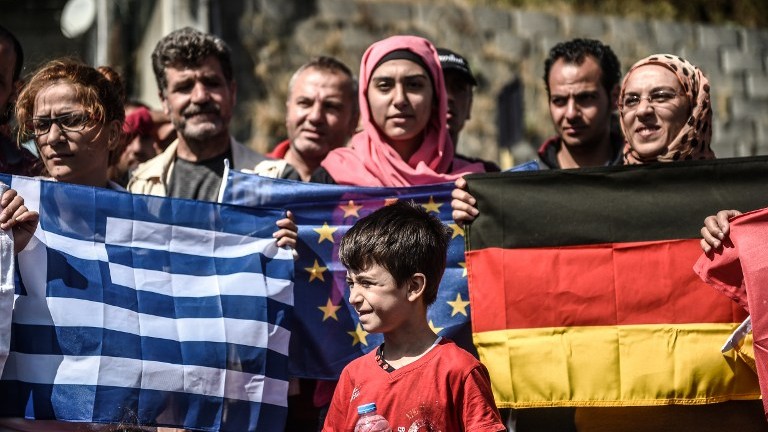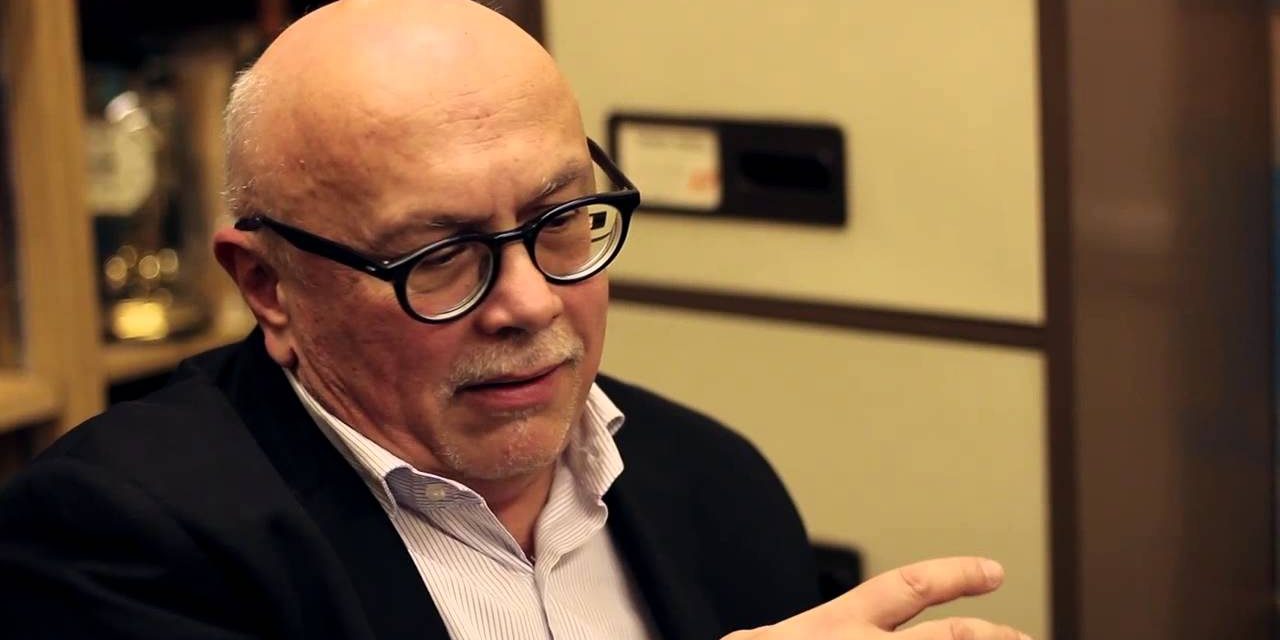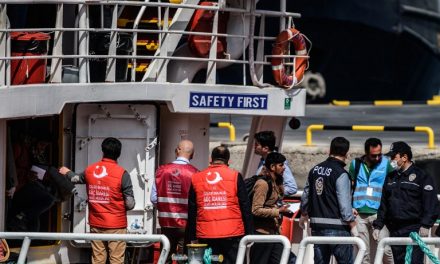Reflecting on the current refugee crisis and the notion of protection and asylum throughout history, Professor Costas Douzinas, Chair of the Greek Parliament’s Committee on National Defence & Foreign Relations and Director of the University of London’s Birkbeck Institute for the Humanities, argues in his latest piece Cities of Refuge (26.3) in Open Democracy that the restricted scope for Asylum of the “Geneva system” can no longer deal with the huge population flows that have become a permanent characteristic of our world. He specifically points to the huge number of refugees fleeing the war zones in Iraq, Afghanistan and Syria, travelling through Greece to Northern Europe and stresses the importance for Europe’s moral values and demographic challenges to welcome the “contemporary supplicants” and to “create a new network of European cities of refuge”, as places of settlement and integration within the urban web of European societies.
According to Douzinas, Asylum and Protection for the persecuted is an old and honorable tradition of moral obligation throughout history, dating from the Old Testament‘s six ‘cities of refuge’ and Ancient Greece’s supplication rituals and policies described in Aeschylus masterpiece ‘The Supplicants’. This moral obligation and the politics of refuge expanded with the consolidation of the modern state and took an ideological hue in the 20th century. The 1951 Geneva Convention on Political Asylum was a typical creation of the Cold War but its scope and extension was seriously restricted and can no longer deal with the huge population flows that have become now a permanent characteristic of our world. It had allowed Western Europe to offer protection to people persecuted then by the newly established communist regimes and asylum was granted only to people fleeing their country due to ‘well-founded fear of persecution’ because of their race, religion or political views, and excluded from its purview those who flee for non-Convention reasons — such as discrimination on grounds of sexual orientation – or economic migrants who try to improve their lives.
The wars in Iraq, Afghanistan and now Syria have given rise to a huge number of refugees fleeing the war zones. In the last twelve months over one million people, 80% of whom were Syrian refugees, travelled through Greece on their way to Northern Europe. Douzinas finds it important to “offer protection to the persecuted of our time irrespective of educational or social background”, taking initiatives to create a “new network of European cities of refuge”, which will host a number of refugees per city and offer them shelter, food and care for their basic needs and help them settle in their new home. The ‘city of refuge’ protection avoids the political calculations associated with state sovereignty, a permanent source of tension with local societies andrecognizes that thesettlement and the integration of foreignerstakes place withinanonymity ofthe urban web, stresses the author.

According to Douzinas, besides the moral obligation and the value of solidarity, Europe needs new blood and new ideas from the educated and dynamic refugees knocking its door in order to subdue its demographic decay. The EU predicts that Europe needs around 60 million new immigrants in the next 40 years in order to reproduce its active population and “the great European cities should become shelters and places of settlement for the contemporary supplicants” with “policies of inclusion and integration”. Douzinas concludes by urging “Mayors and local councilors of European cities to participate in an initiative to receive a small number of new supplicants from Greece” and to help for the creation of new ‘International of Cities of Asylum’.
TAGS: EU POLITICS | FOREIGN AFFAIRS | REFUGEE CRISIS














